 | you'd assume the traditional non-crypto version is the safer one. And I think that fits with most peoples' preconceptions of crypto. Not so, oddly enough. It's the PayPal dollars [PYUSD] hosted on crypto databases that are the safer of the two, if not along every dimension, at least in terms of the degree to which customers are protected by. 1) The quality of underlying assets; PayPal's crypto dollars, which are managed by a third-party called Paxos, are 100% backed by the safest sorts of short-term collateral: U.S. Treasury-bills, reverse repo (backed by U.S. government securities), and commercial bank deposits. 2) Their seniority or ranking relative to other creditors The second drawback of PayPal's regular dollars is that the assets underlying them don't really "belong" to customers in any strong sense of the word. They belong to PayPal. To understand what this means, let's say that PayPal goes bankrupt. You, a long time PayPal customer, hold $1000 worth of PayPal dollars. You might think that you are guaranteed to be made whole because there exists a corresponding set of underlying customer assets that has been specially earmarked for you and other PayPal customers. But that's not the case. Customers are what is referred to in finance as an unsecured creditor of PayPal, which means you'd be relegated to having to fight with PayPal's other creditors (banks, bond holders, etc) to get a piece of the pie, and that's only after PayPal's secured creditors – those highest in the pecking order – get first dibs. That could potentially mean getting maybe $600 or $700 instead of your original $1000. 3)Transparency. [PYUSD collateral] must be recorded on two separate days each month, or 24 times per year...these attestation reports must be prepared by an independent auditor. The only way to get vetted financial information about the assets backing traditional PayPal [accounts] is to read its audited financial statements, which come out just once a year. For the rest of the twelve months, customers are left in the dark. The fact that one type of PayPal dollar ([PYUSD]) has robust protections while the other is only haphazardly protected, and only because the first is managed with a crypto database and not a traditional database, seems incredibly arbitrary to me. [link] [comments] |

You can get bonuses upto $100 FREE BONUS when you:
💰 Install these recommended apps:
💲 SocialGood - 100% Crypto Back on Everyday Shopping
💲 xPortal - The DeFi For The Next Billion
💲 CryptoTab Browser - Lightweight, fast, and ready to mine!
💰 Register on these recommended exchanges:
🟡 Binance🟡 Bitfinex🟡 Bitmart🟡 Bittrex🟡 Bitget
🟡 CoinEx🟡 Crypto.com🟡 Gate.io🟡 Huobi🟡 Kucoin.
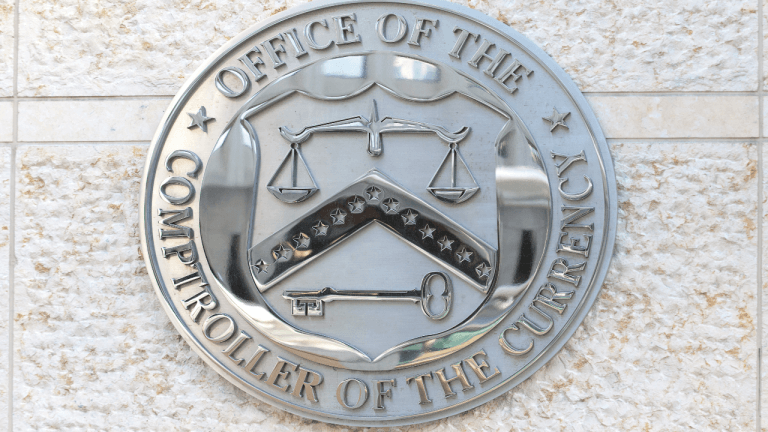




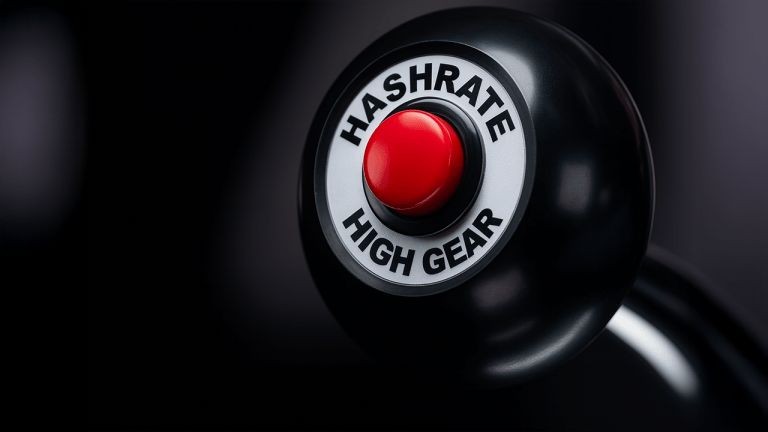

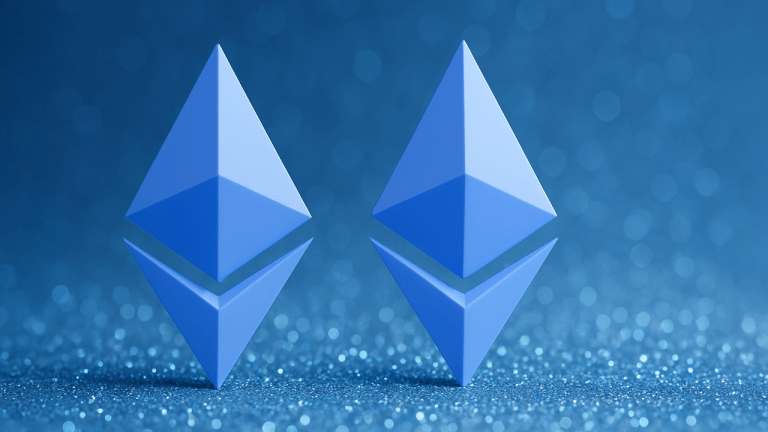

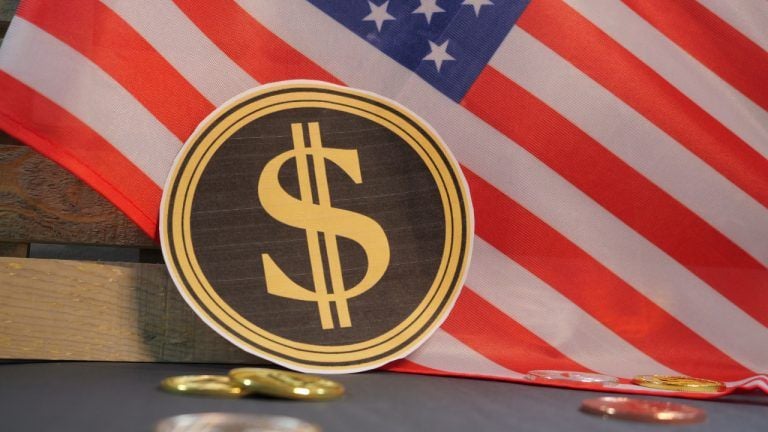

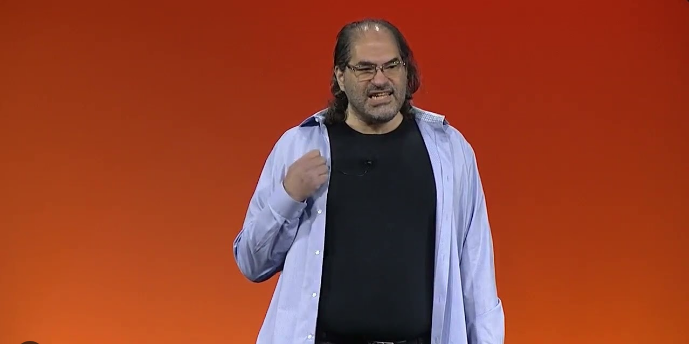
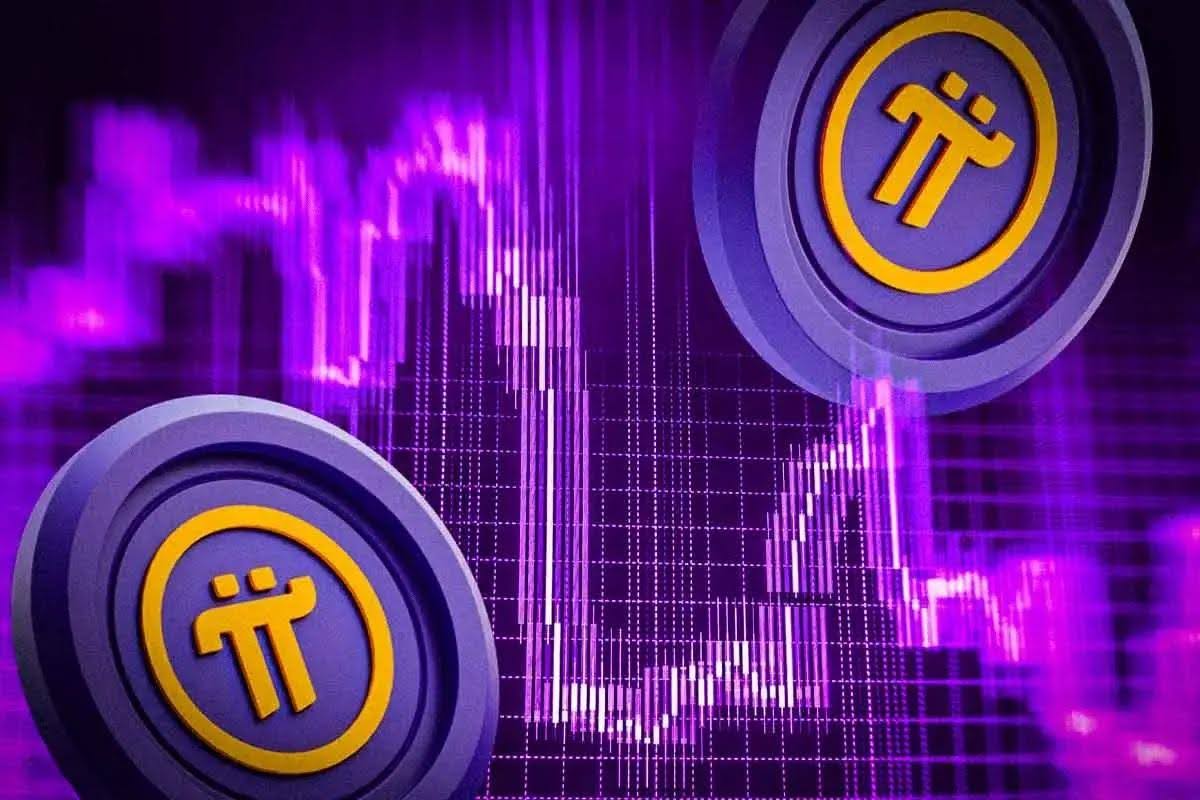
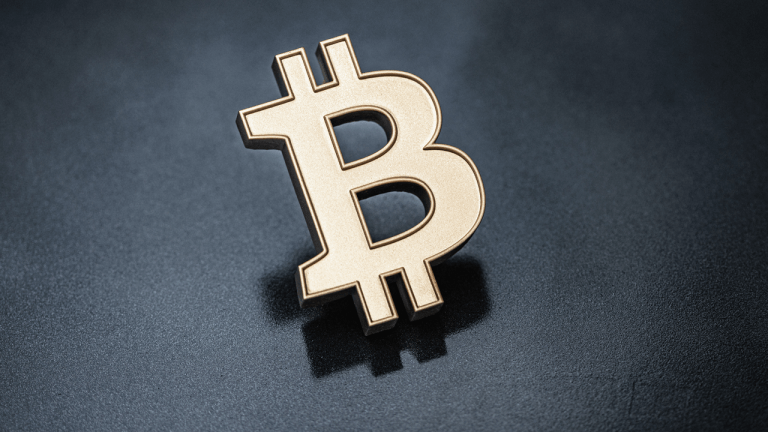
Comments